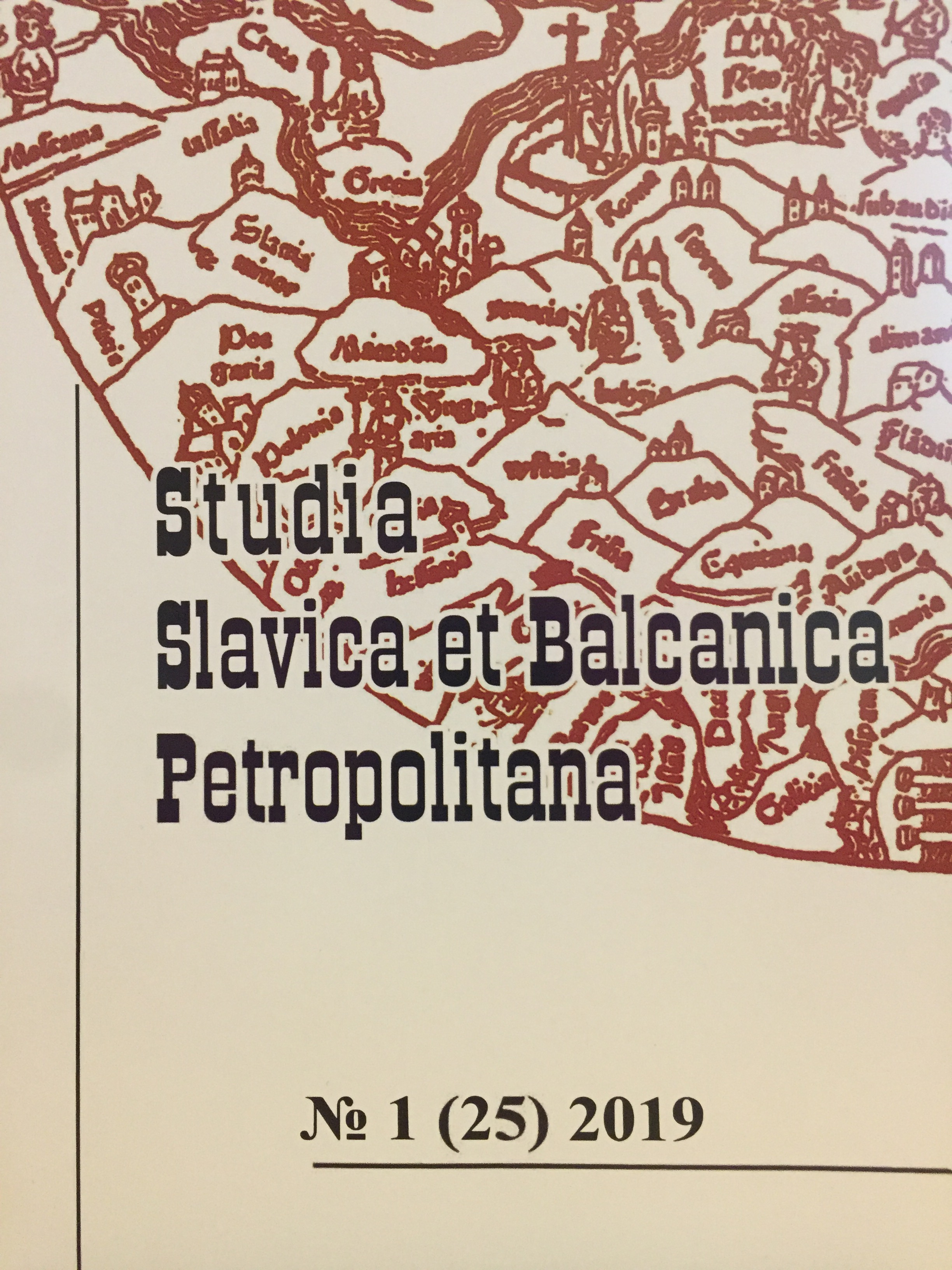Древнерусское метное письмо
Old Russian metnoye pismo
Author(s): Denis Olegovich TsypkinSubject(s): Language and Literature Studies, Theoretical Linguistics, Studies of Literature, Historical Linguistics, Russian Literature
Published by: Издательство Исторического факультета СПбГУ
Keywords: Old Russian writing; metnоe pis’mo; scrittura usuale; ustav; poluustav; skoropis’; paleography; the study of historical writing
Summary/Abstract: The author discusses the classification of types of writing in the views of professional Russian scribes of the 16th–17th centuries. This classification included two basic types of professional writing: ustav or knizhnoe pis’mo (book writing) and skoropis’. There was also a certain kind of scrittura usuale termed “metnоe pis’mo” by the Russian bookmen. Ustav (“knizhnoe pis’mo”), skoropis’ and metnоe pis’mo were proper professional terms used in specialized books for calligraphers, in manuals and schoolbooks. The term “metnоe pis’mo” appears in the 1570ies – 1580ies. The terms “ustav” and “skoropis’” are attested in Western Russian documents from the 1540ies. In Muscovy the term “skoropis’” referring to the type of writing already existed by the 1570ies, but it may have appeared as early as the 1550ies. The term “ustav” is first encountered in a document dated to 1614. As far as the term “poluustav” is concerned, it is attested from the 1630ies and later. However, it did not mean a special type of writing. As may be proved by the contextual analysis, this term had different occasional usages. In the 17th century muscovite scribal milieu poluustav was a general term designating all forms of writing not properly coinciding with ustav. In some cases it meant some kind of nonconformity to the professional book writing (“knizhnoe pis’mo”) in function or in quality. In other cases it meant just writing in smaller scale in comparison to other manuscripts made in proper ustav.
Journal: Петербургские славянские и балканские исследования
- Issue Year: 2019
- Issue No: 1 (25)
- Page Range: 124-135
- Page Count: 12
- Language: Russian

